#Jessica Tandy
Text

The Birds | Alfred Hitchcock | 1963
film poster by HFF
177 notes
·
View notes
Text
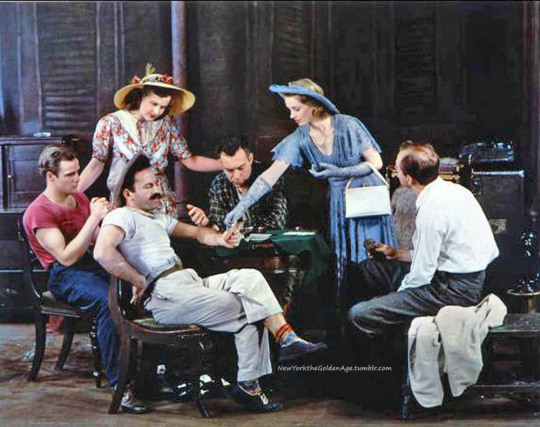
A Streetcar Named Desire by Tennessee Williams opened at the Ethel Barrymore Theater on December 3, 1947. Left to right: Marlon Brando, Kim Hunter, unknown actors, Jessica Tandy, and Karl Malden.
Photo: Harry Warnecke for the NY Daily News
#vintage New York#1940s#Harry Warnecke#Streetcar Named Desire#Tennessee Williams#Dec. 3#3 Dec.#vintage Broadway#Marlon Brando#Kim Hunter#Jessica Tandy#Karl Malden#theater#1940s theater
107 notes
·
View notes
Text

Rod Taylor, Tippi Hedren, Jessica Tandy, and bird extras take direction from Alfred Hitchcock on set of THE BIRDS in 1963.
59 notes
·
View notes
Text
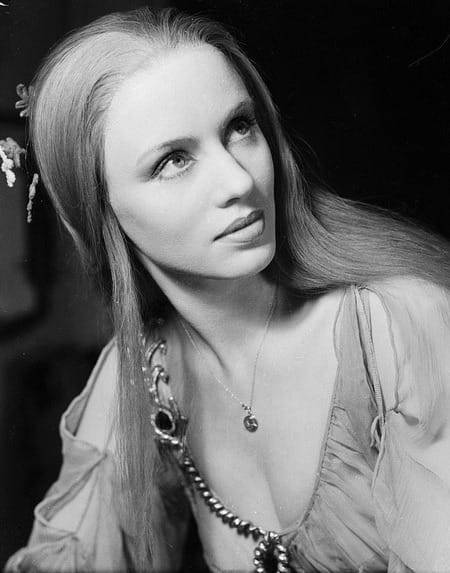
28 notes
·
View notes
Text
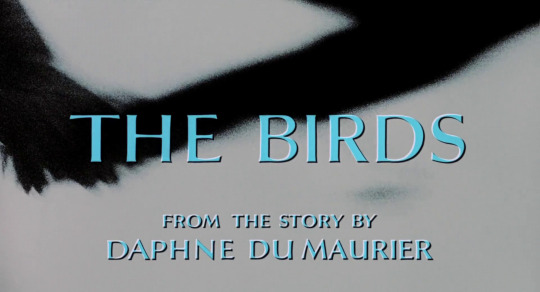
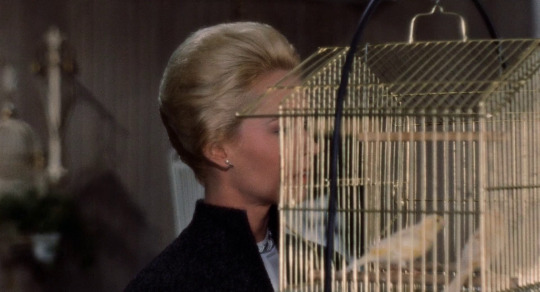
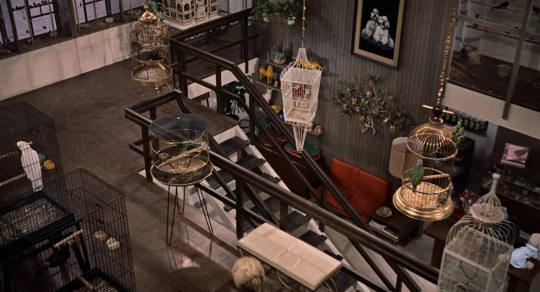
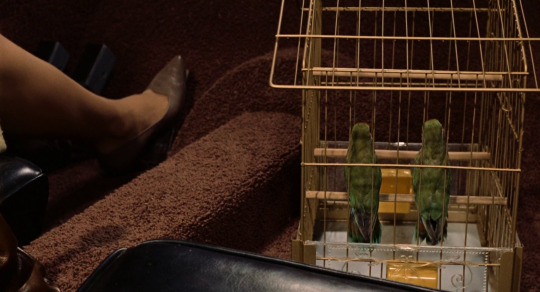

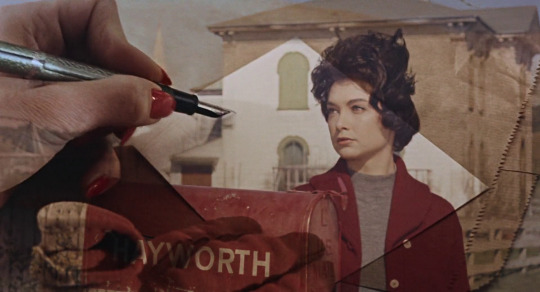
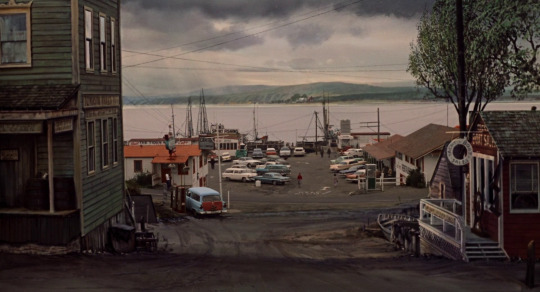


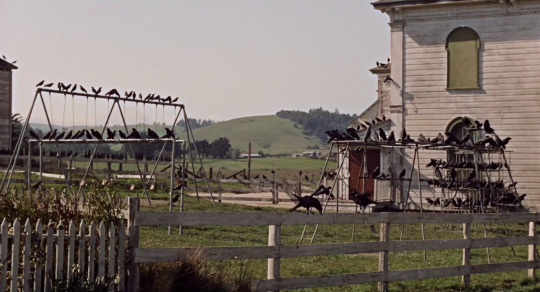
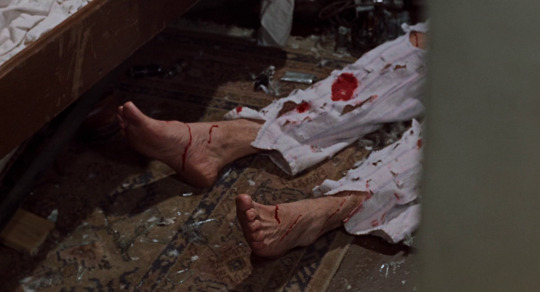
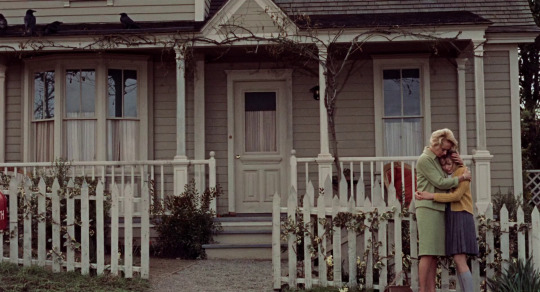
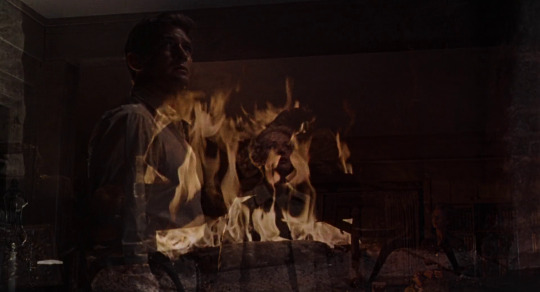


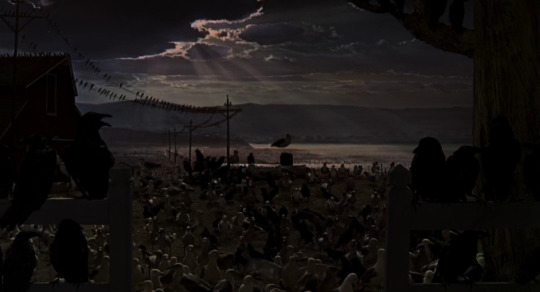
THE BIRDS (1963)
Director: Alfred Hitchcock
Cinematography: Robert Burks
#the birds#alfred hitchcock#tippi hedren#rod taylor#jessica tandy#veronica cartwright#suzanne pleshette#ethel griffies#daphne du maurier#hitchcock#hitchcock movies#60s#60s movies#60s horror#60s horror movies#horror#horror movies#cinematography#movie screencaps#movie screenshots#movie frames#film screencaps#film screenshots#film frames#screencaps#screenshots
19 notes
·
View notes
Text
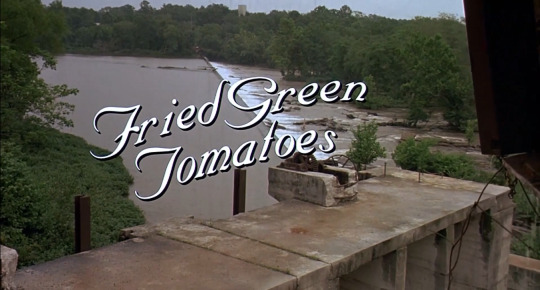
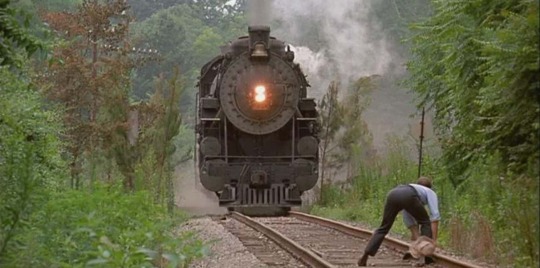
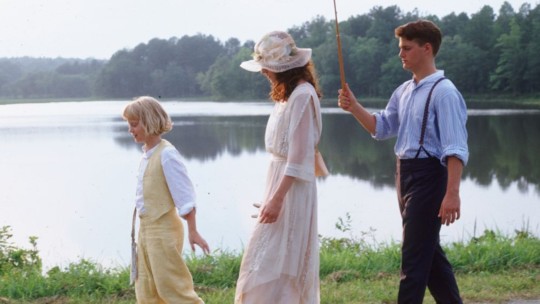




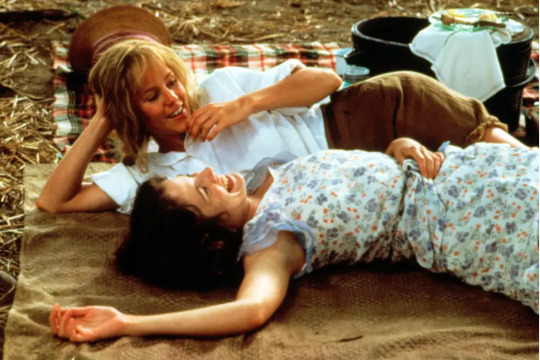
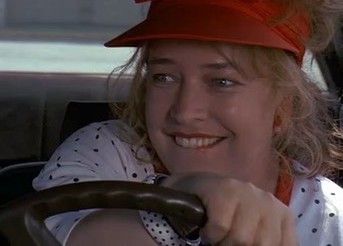
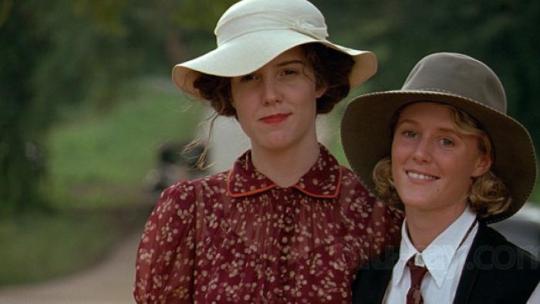


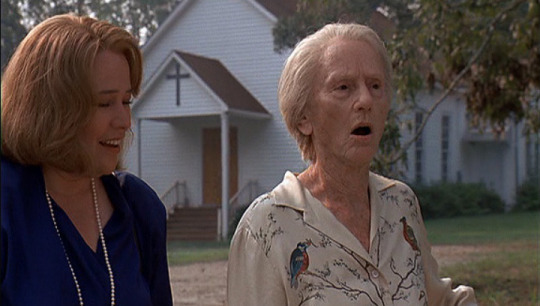
Season 1, Episode 7 | FRIED GREEN TOMATOES (1991)
This beloved chronicle of Southern female friendship was lauded by GLAAD at the time of its release for its portrayal of a lesbian relationship, though not everyone agreed its depictions of lesbianism and race were empowering. Having watched it as children, Amy and Gabby's mostly just remembered how sad it was. Now they revisit the '90s classic with fresh adult eyes and find both its charm and its shortcomings readily apparent.
https://chickflicks.libsyn.com/fried-green-tomatoes
#chick flicks with gabby & amy#chick flicks#chick flick#fried green tomatoes#fried green tomatoes at the whistle stop cafe#mary stuart masterson#mary louise parker#jessica tandy#kathy bates#cicely tyson#chris o'donnell#fannie flagg#jon avnet#southern gothic#southern fiction#90s films#90s movies#lgbtq films
29 notes
·
View notes
Text



The Birds (1963)
#the birds#the birds 1963#alfred hitchcock#tippi hedren#jessica tandy#my thing#ahem#melanie mummy issues you will always be famous
47 notes
·
View notes
Text

Vincent Price as Nicholas Van Ryn in Dragonwyck 1946 🌓
#old hollywood#beauty#1940s cinema#vintage horror#period drama#1840s fashion#vincent price#gene tierney#walter huston#jessica tandy#ann revere#glenn langan#dragonwyck#gothic horror#anya seton
33 notes
·
View notes
Text
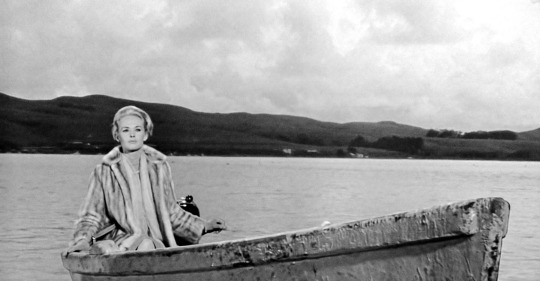
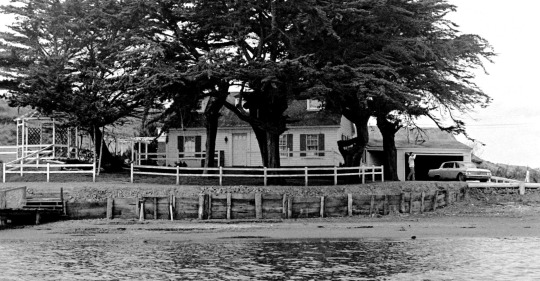
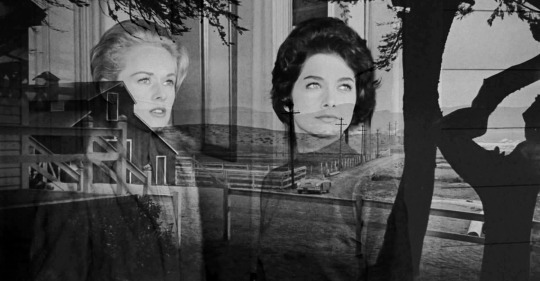
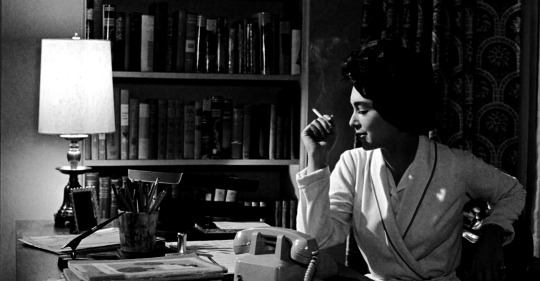
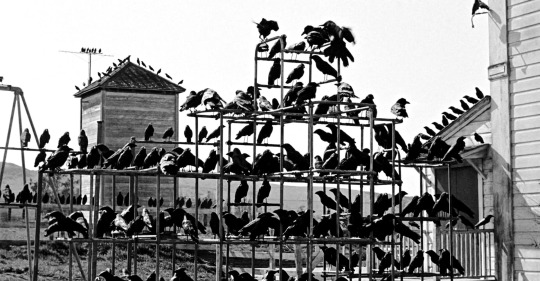


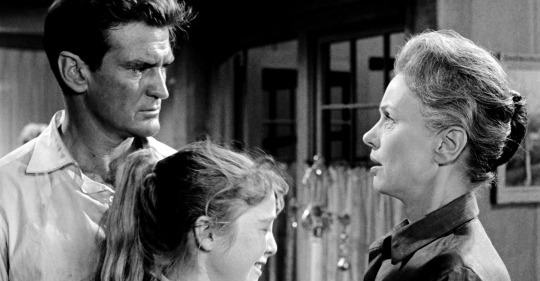

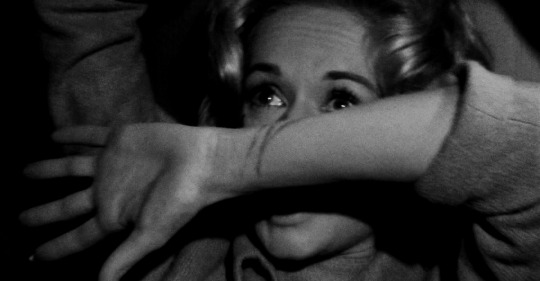

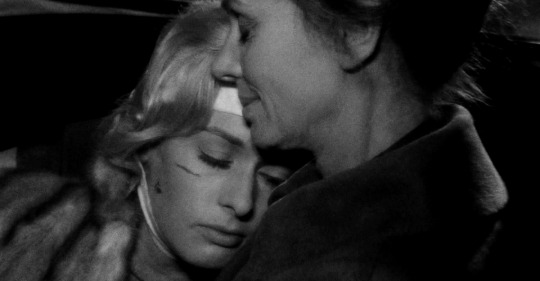
“why are they doing this? why are they doing this? they said when you got here the whole thing started. who are you? what are you? where did you come from? i think you're the cause of all of this. i think you're evil. evil!” | the birds (1963)
#she wasn't evil just thirsty as hell#rod taylor and suzanne pleshette in this 🔥🔥🔥#movies: the birds#*mine#mine: edits#movies: alfred hitchcock#the birds#alfred hitchcock#old hollywood#tippi hedren#suzanne pleshette#rod taylor#jessica tandy#horror#horroredit
13 notes
·
View notes
Text
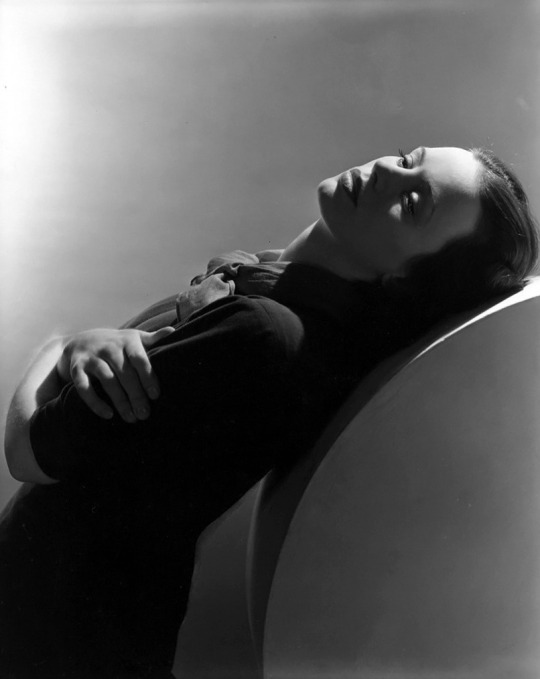
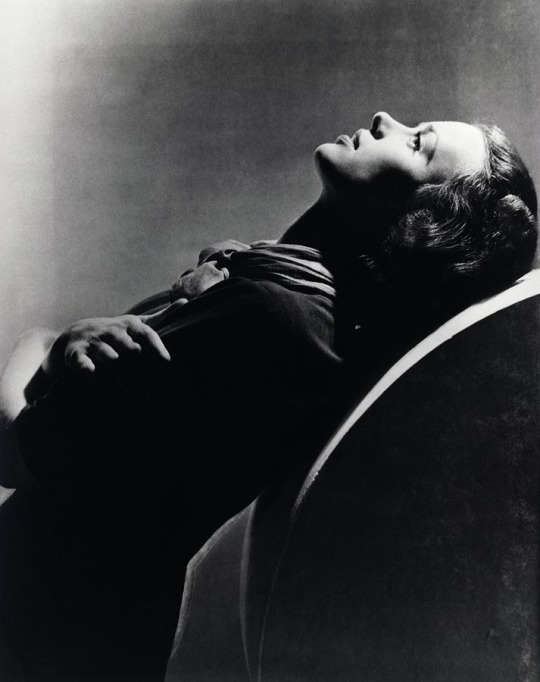
Jessica Tandy photographed by Horst P. Horst, 1939.
84 notes
·
View notes
Text



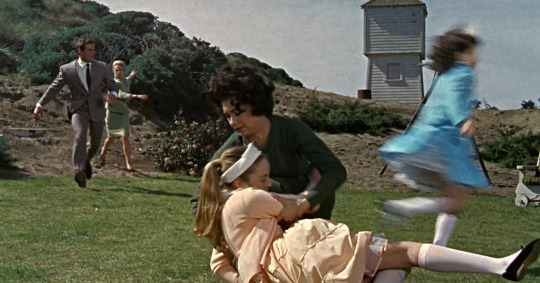

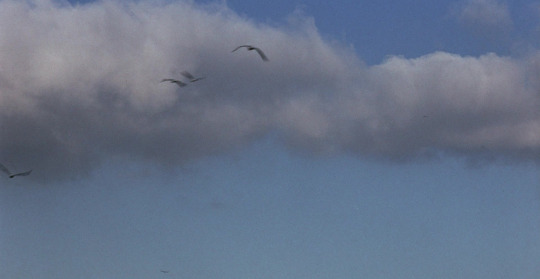
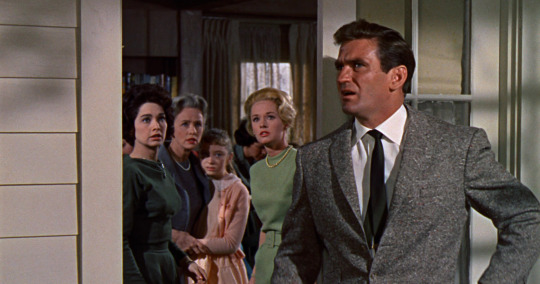
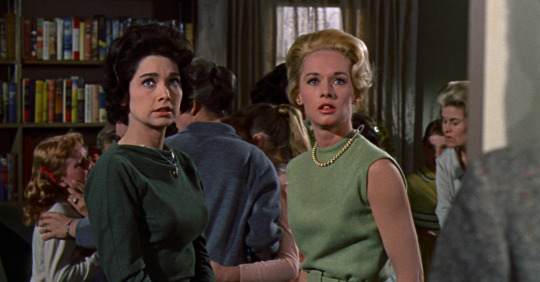
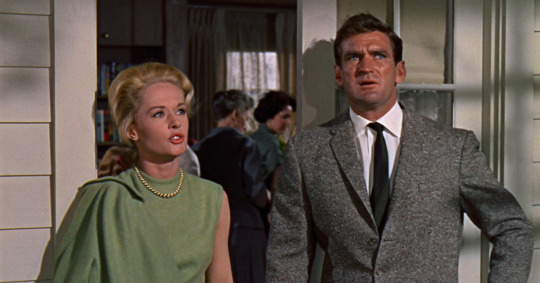
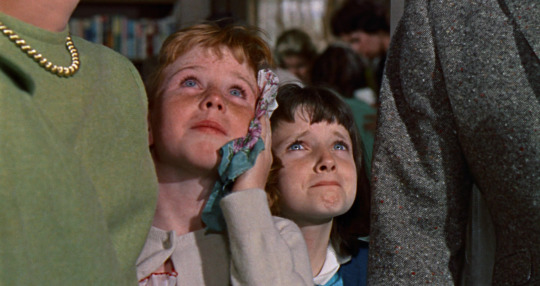
t h e b i r d s, 1963 🎬 dir. alfred hitchcock 'Bird Attack at Cathy's Birthday Party'
#film#horror#the birds#the birds 1963#alfred hitchcock#rod taylor#tippi hedren#jessica tandy#suzanne pleshette#veronica cartwright#Mitch Brenner#Melanie Daniels#Lydia Brenner#Annie Hayworth#Cathy Brenner#Bird Attack at Cathy's Birthday Party
6 notes
·
View notes
Text
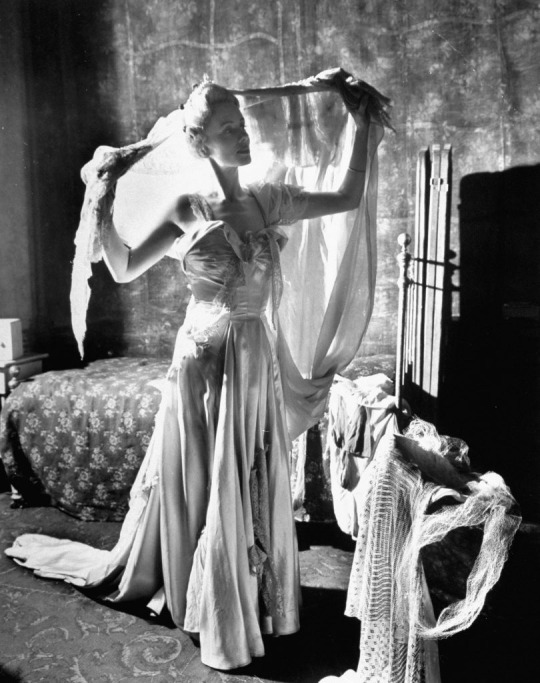

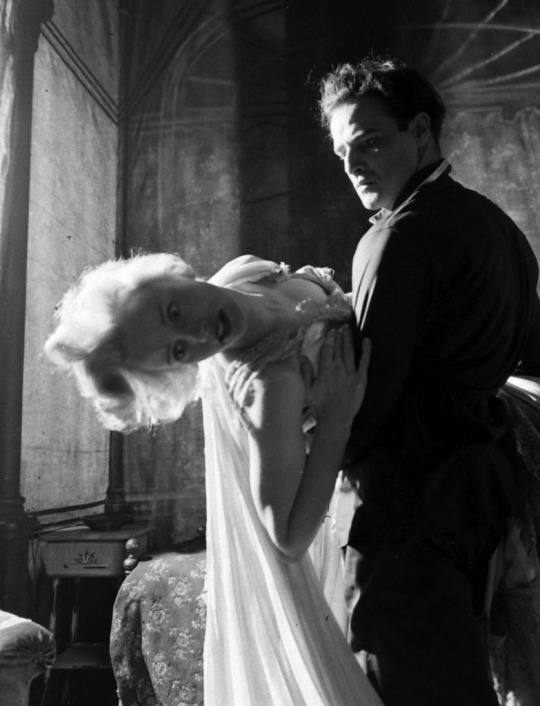
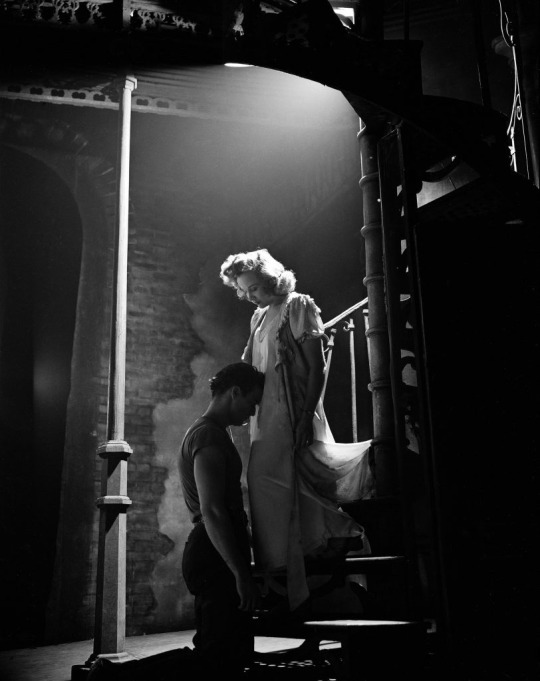
The original Broadway production of Tennessee Williams’ “A Streetcar Named Desire,” produced by Irene Mayer Selznick, directed by Elia Kazan, starring Jessica Tandy, Karl Malden, Marlon Brando, and Kim Hunter, opened at the Ethel Barrymore Theatre on December 3, 1947. #OnThisDay
#a streetcar named desire#marlon brando#kim hunter#jessica tandy#karl malden#tennessee williams#broadway
47 notes
·
View notes
Text
This time in 1964, the cast of the Gielgud-Burton Hamlet was preparing for rehearsals. Here's how Hume Cronyn got involved with the production, as told by himself in A Terrible Liar: A Memoir. Looks like we have Jessica Tandy, Cronyn's wife and frequent costar, to thank for his Polonius:
The Guthrie Theater’s very first production in 1963 had been Hamlet. Tony had asked me how I’d like to play Polonius, and I told him in no uncertain terms that I would not, having only just recovered from playing what Joe Mank had described as “an Egyptian Polonius”—Old Sausage Knees. Now, less than a year later, there was a cable from John Gielgud asking me if I would join him and Richard Burton in a Broadway production of Hamlet, to play—of course—Polonius. The cable arrived in Minneapolis toward the end of our first season. I showed it to Jessie.
“But of course you must do it.”
“Why?”
“Why? It’s a marvelous part . . . and with John and Richard. . . .”
“Look, I’ve seen Hamlet six or seven times: Barrymore’s, Gielgud’s, Evans’s, Breen’s, Grizzard’s, Olivier’s. . . . I’ve even played it myself—after a fashion—and I cannot remember one single Polonius. All I remember is a fatuous and prolix old man approaching senility. . . . To hell with it. Besides, I’m tired.”
“But it’s perfect for you.”
“Thanks a lot. If I’m as prolix as all that, I don’t need further rehearsal.”
“You’re mad.”
“Possibly—but I’ll just send a polite reply saying I’m committed elsewhere—that I have a conflict.”
“Most actors would give their eyeteeth to be in this production. And you adore John. I think you’re crazy.”
“You’ve already said that. . . .”
I had a conflict all right. I had one with my wife, who rarely, rarely, urges me to do anything for which I lack an appetite. It was a strange reversal of roles. I had urged Jess to play Miss Collins in Portrait of a Madonna, Agnes in The Fourposter and Miss Graves in Now I Lay Me Down to Sleep, and perhaps in one or two others. Now, she would give me no peace. She was passionate on the subject and finally resorted to outright insult.
I cabled to Johnny G. saying I would be delighted to join his company. We were to go into rehearsal in January of 1964.
12 notes
·
View notes
Text
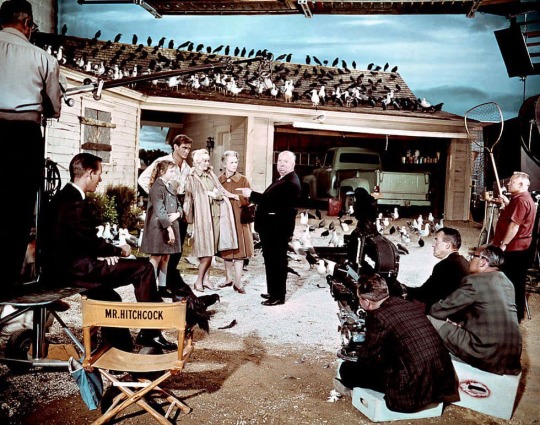
#the birds#horror#movies#1963#1960s#rod taylor#tippi hedren#jessica tandy#alfred hitchcock#hollywood#filmmaking#behind the scenes
51 notes
·
View notes
Text
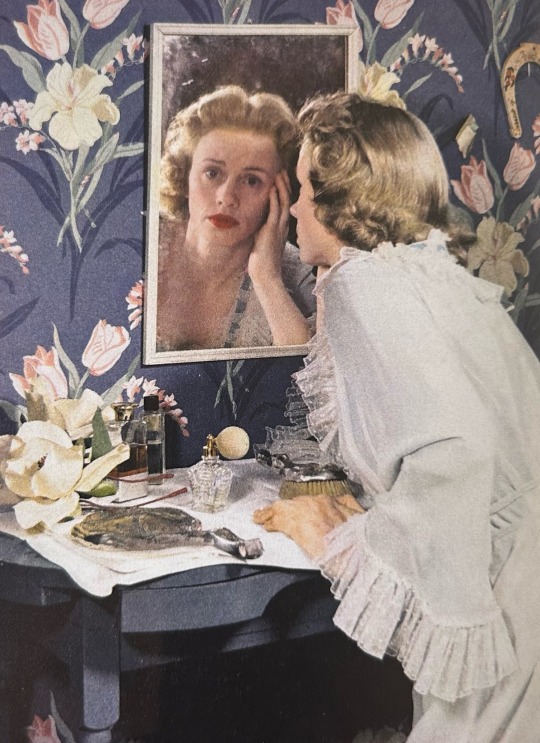
“Jessica is a very good actress,” Brando wrote in his memoir, “but I never thought she was believable as Blanche.”
“I didn’t think she had the finesse or cultivated femininity that the part required, nor the fragility that Tennessee envisioned. In his view, there was something pure about Blanche Dubois; she was a shattered butterfly, soft and delicate, while Stanley represented the dark side of the human condition. It’s true that Blanche was a liar and a hypocrite, but she was lying for her life— to keep her illusions alive.”
Tandy herself was a pretty woman, but in the radio adaptation, her Blanche is not the coquette we’ve come to recognize. She seems more canny, more manipulative, more aware of what she’s doing, and more of a schoolmarm than an outcast Southern belle. She is overpowered by Brando’s Stanley, not just in the final act of the play when the rape occurs, but by the sheer force and originality of his acting, which outdazzled her.
—“Blanche: The Life and Times of Tennessee Williams’s Greatest Creation” by Nancy Schoenberger
34 notes
·
View notes
